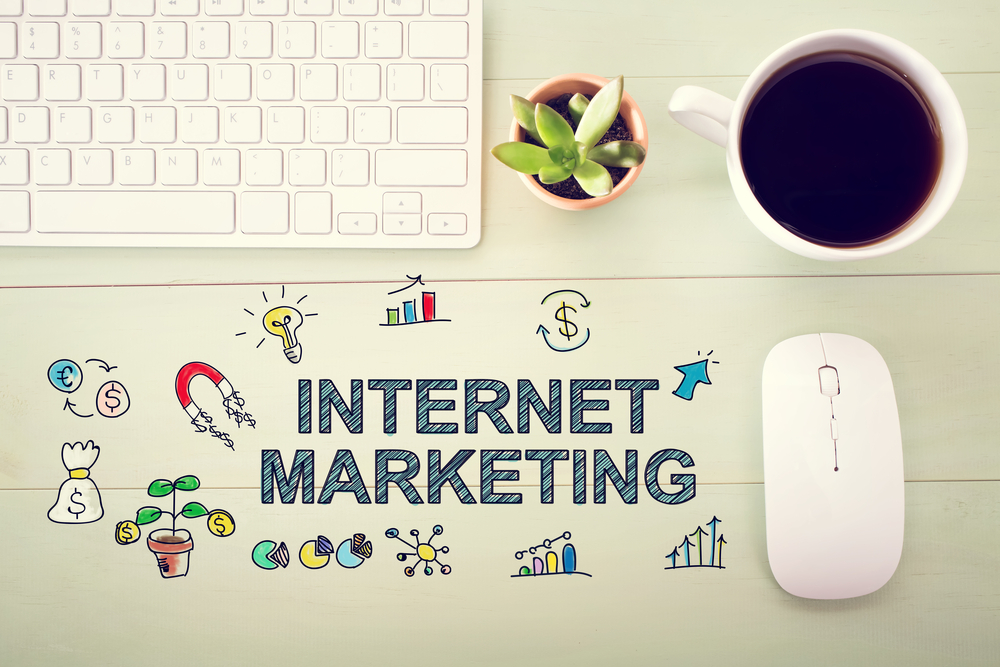In today’s fast-paced digital world, staying ahead of the curve is essential for businesses to thrive and succeed. Embracing the latest internet marketing trends is a powerful way to enhance brand visibility, engage with target audiences and drive sustainable growth. The ever-evolving landscape of internet marketing presents exciting opportunities for businesses to leverage innovative strategies and techniques. By keeping a finger on the pulse of emerging trends, companies can adapt and refine their marketing efforts to maintain a competitive edge. One of the most prominent trends in internet marketing is the increasing focus on personalized customer experiences. Gone are the days of generic mass messaging. Modern consumers expect brands to understand their unique needs and preferences. Leveraging data analytics and customer insights, businesses can deliver tailored content, offers and recommendations that resonate with individual customers. Personalization not only enhances customer satisfaction but also fosters brand loyalty and drives higher conversion rates.

Another significant trend in internet marketing is the rise of video content. Video has become an incredibly popular medium for consuming information and entertainment. Platforms like YouTube, TikTok and Instagram Reels have revolutionized how brands connect with their audiences. By creating compelling and shareable videos, businesses can captivate viewers, convey their brand story and generate valuable engagement. Additionally, live streaming has gained traction, providing real-time interaction and fostering a sense of authenticity that resonates with consumers. Artificial intelligence (AI) is also reshaping the internet marketing landscape. AI-powered chatbots and virtual assistants are being used to enhance customer service, provide instant support and streamline user experiences. Machine learning algorithms analyze vast amounts of data to gain insights into customer behavior, enabling businesses to make data-driven decisions and optimize their marketing strategies. AI can also be leveraged to automate repetitive tasks, allowing marketers to focus on creative and strategic initiatives.
Furthermore, influencer marketing has emerged as a powerful tool for reaching and engaging with target audiences. Influencers, individuals with a significant social media following and niche expertise, have the ability to sway consumer opinions and shape purchasing decisions. Collaborating with influencers allows businesses to tap into their loyal fan base and leverage their credibility to promote products or services. However, as the industry matures, it is important to carefully select influencers who align with brand values and have genuine connections with their followers. Lastly, the increasing emphasis on sustainability and social responsibility is transforming internet marketing strategies. Consumers are actively seeking out eco-friendly and socially conscious brands. Companies that integrate sustainability into their messaging and practices not only appeal to environmentally conscious consumers but also differentiate themselves from competitors. Authenticity and transparency are key in conveying a brand’s commitment to sustainability and businesses should be prepared to back up their claims with tangible actions.